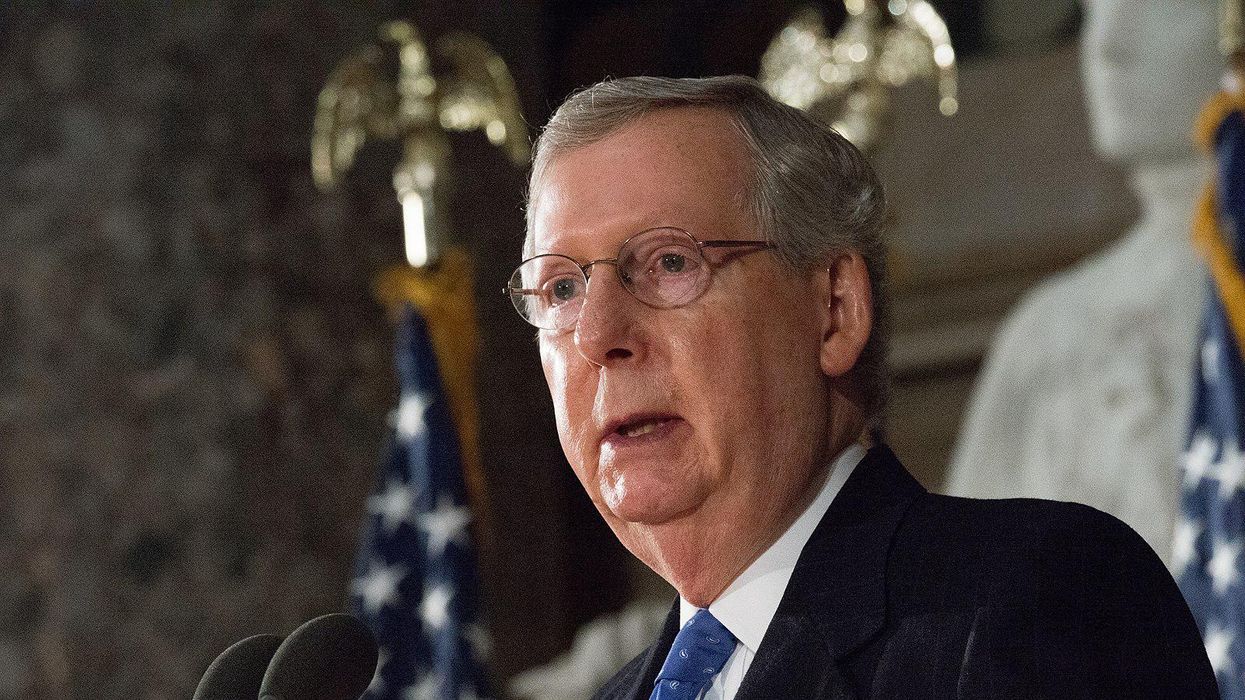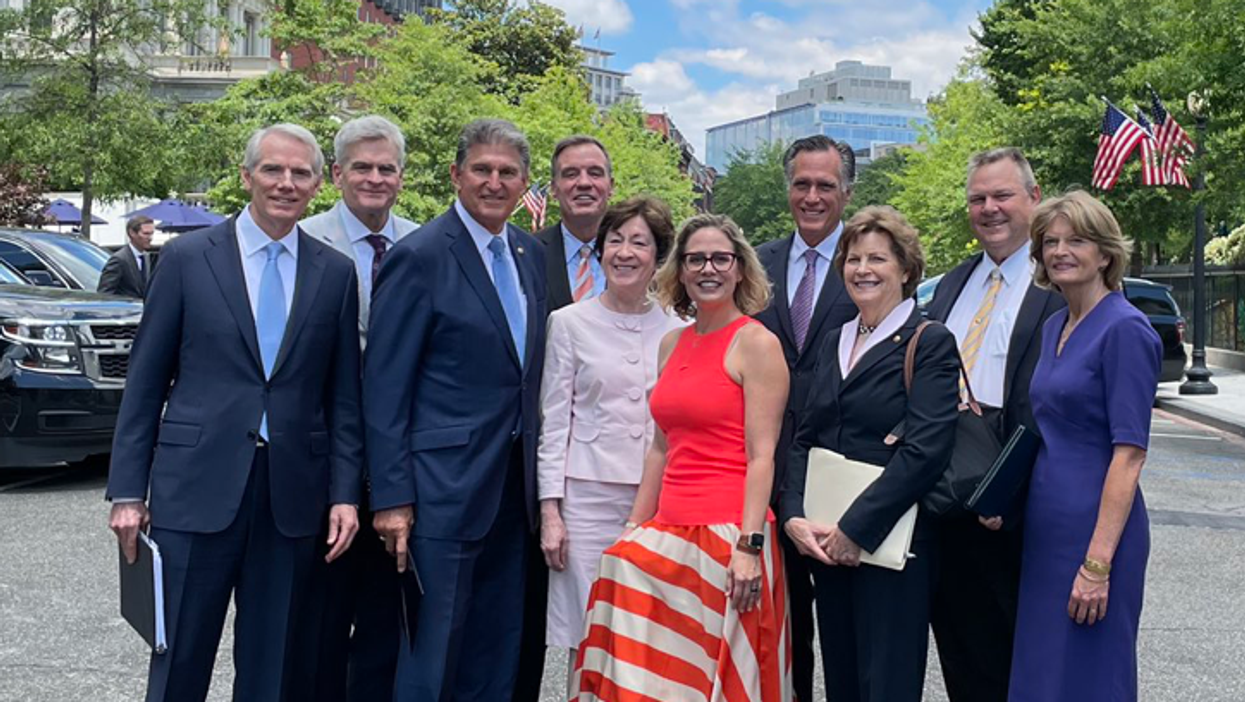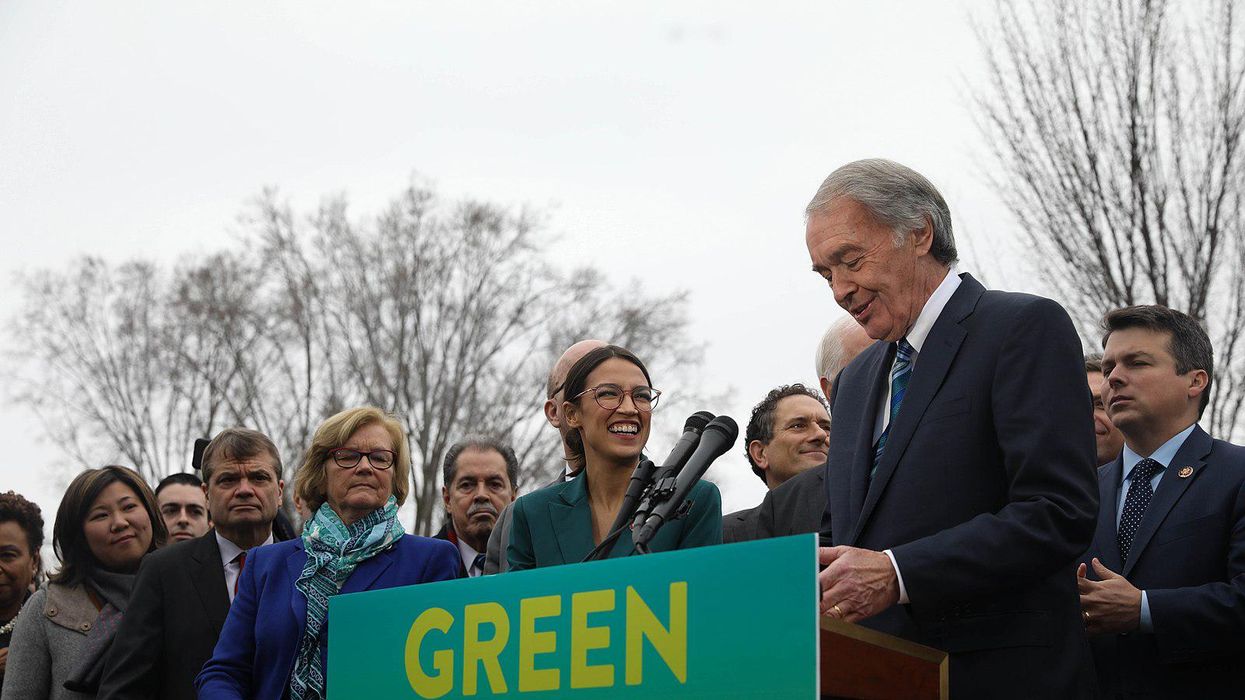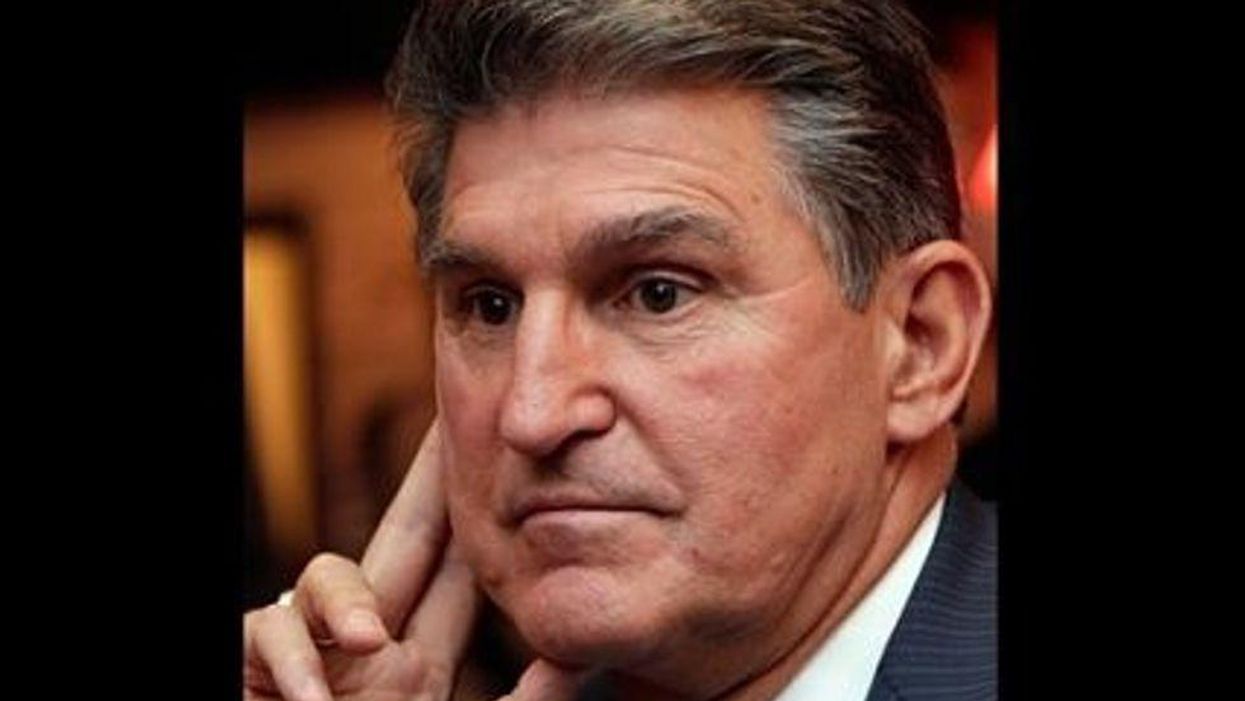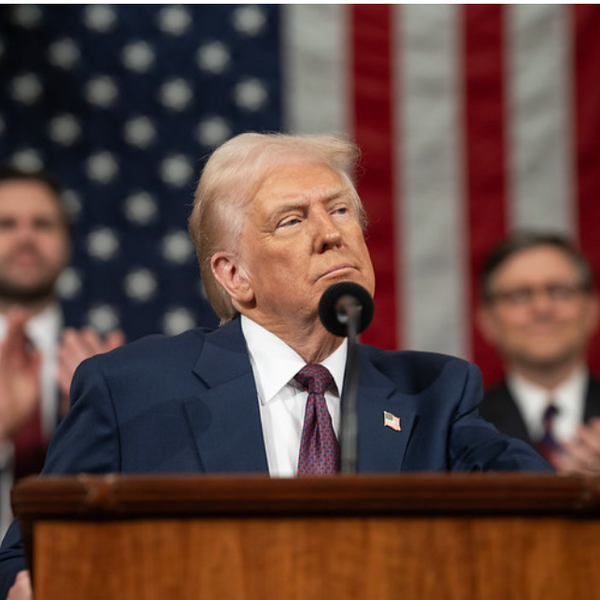Senate Republicans Whining Over Biden’s ‘Two-Track’ Infrastructure Plan
Reprinted with permission from American Independent
Senate Republicans are upset that President Joe Biden plans to enact other spending legislation after striking a deal with them on infrastructure.
The infrastructure deal calls for about $579 billion in new spending on transportation, water systems, power, and broadband infrastructure. It does not include most of the climate change, child care, and caregiving funding — described as "human infrastructure" — that Biden requested in his original $2.25 trillion American Jobs Plan.
Democrats plan to enact some of these priorities separately — as well as the health care, paid leave, and educational investments from Biden's American Families Plan— through the budget reconciliation process, without any GOP support.
Biden, who ran on campaign promises to enact such legislation, said Thursday he plans to sign the packages together. While most bills — including the bipartisan infrastructure deal — require a 60-vote supermajority in the Senate, a loophole allows passage of some taxation and spending legislation to pass with a simple majority.
Senate Minority Leader Mitch McConnell lamented soon after that Biden was "caving completely" to the "left-wing base" by doing both.
"Less than two hours after publicly commending our colleagues and endorsing the bipartisan agreement, the president took the extraordinary step of threatening to veto it," McConnell (R-KY) complained, referencing Biden's statement that he would not sign one bill without the other. "It was a tale of two press conferences — endorse the agreement in one breath and threaten to veto it in the next."
McConnell was not part of the bipartisan negotiations or the infrastructure deal that was eventually struck. His endorsed GOP negotiating team — led by West Virginia Sen. Shelley Moore Capito — was unable to reach an agreement previously after they offered only a fraction of the new spending Biden had requested.
Senate Minority Whip John Thune (R-SD) had similar complaints. "Democrat [sic] leaders, including the president, have undermined their own negotiators and the Republicans who've been negotiating in good faith," he tweeted. "They're holding bipartisanship hostage for partisanship."
Sen. John Cornyn (R-TX) suggested that the deal was really "no deal" because Biden also planned to enact a reconciliation package. And Sen. Lindsey Graham (R-SC) told Politico he would oppose the infrastructure plan because Biden's decision to push other legislation separately somehow amounted to extortion.
"The Dems are being told you can't get your bipartisan work product passed unless you sign on to what the left wants, and I'm not playing that game," he said.
Biden, meanwhile, has been clear throughout the process that the infrastructure package is not his only priority and that this deal did not preclude a reconciliation package.
In initial remarks after meeting with the bipartisan group on Thursday morning, Biden told reporters "there is going to be a two-track system" for the two spending plans.
In an afternoon press conference, he noted that this had always been the plan.
"The bipartisan bill, from the very beginning, was understood there was going to have to be the second part of it," he said. "I'm not just signing the bipartisan bill and forgetting about the rest that I proposed. I proposed a significant piece of legislation in three parts. And all three parts are equally important."
"The question is: How much can we get done? And the bottom line is: When all is said and done, does what you agree to preclude, forever, you getting the things you really want?" he added. "Well, I'm not for that. I'm not going to vote for one of those deals."
As long as Democrats stay united, the GOP will have little power to stop those plans.
Democratic senators from across the political spectrum have indicated that they are on board with passing a major "human infrastructure" bill through the reconciliation process.
"I've come to the knowledge, basically, that budget reconciliation is for reconciling budgets. So it's money matters," West Virginia Sen. Joe Manchin, a staunch holdout on many of Biden's more progressive-leaning policies, told NBC News, while endorsing such a package.
"I think we can, we can make that happen. It's going to be either both or nothing," Budget Committee Chair Bernie Sanders told reporters, noting that the reconciliation package must address "the needs of working families, climate change and progressive tax reform."
Sen. Ed Markey (D-MA) concurred. "Ultimately there's two tracks, and both trains have to arrive at the station at the same time," he said, according to NBC News.
Published with permission of The American Independent Foundation.

